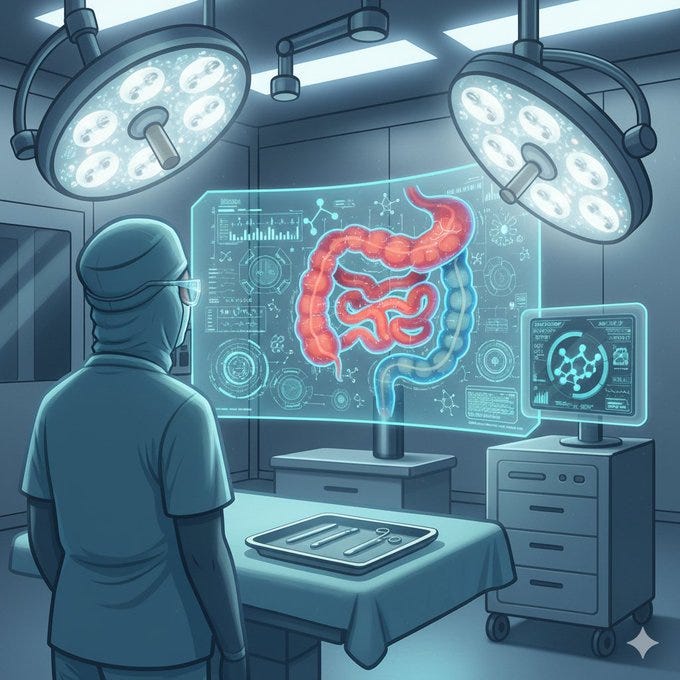Crohn’s Disease Surgery Outcomes Show Limited Progress With Advanced Therapies
New study finds stable repeat surgery rates despite wider use of biologics and small molecules
A Dutch study following Crohn’s disease patients for over 20 years found that about 12% required a third surgery within five years of their second, despite greater use of biologics and small-molecule therapies. Advanced therapies did not reduce the risk of further surgery.
Study Details
Crohn’s disease often leads to surgery, with nearly one third of pati…
Keep reading with a 7-day free trial
Subscribe to Just Healthcare to keep reading this post and get 7 days of free access to the full post archives.


